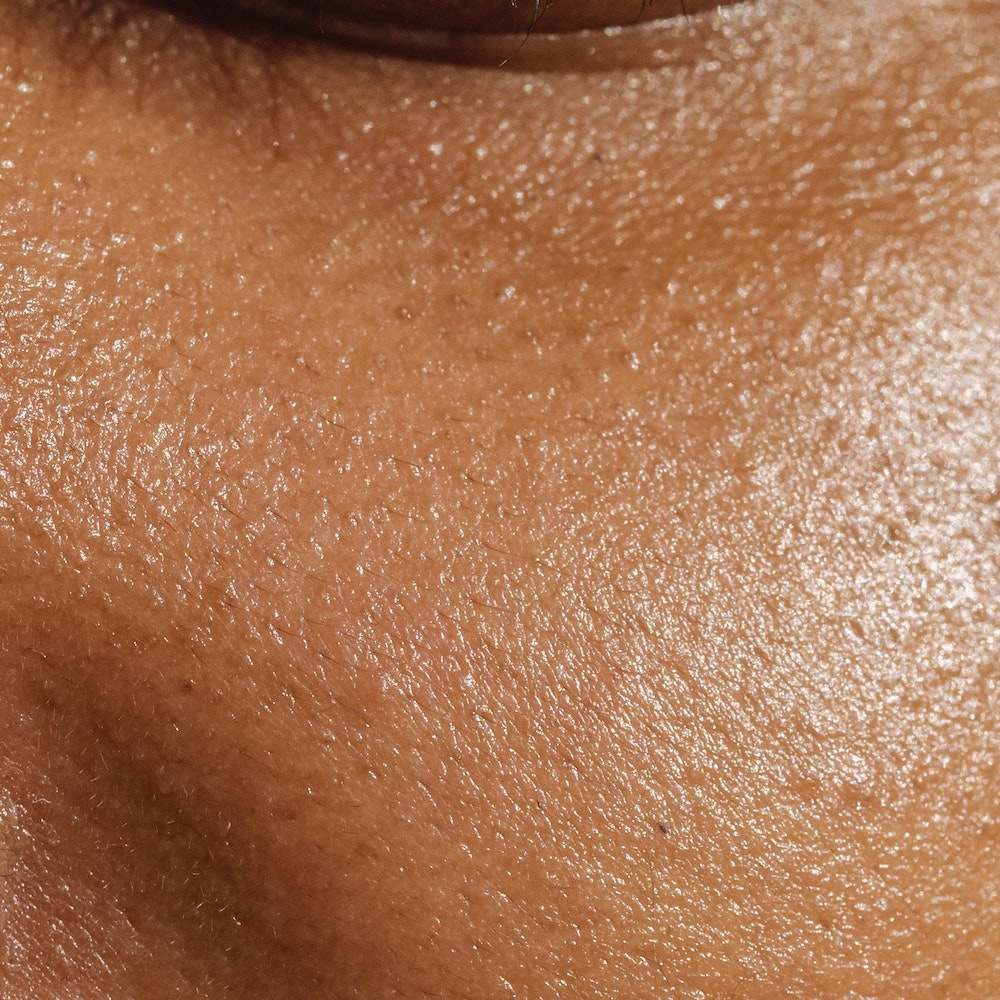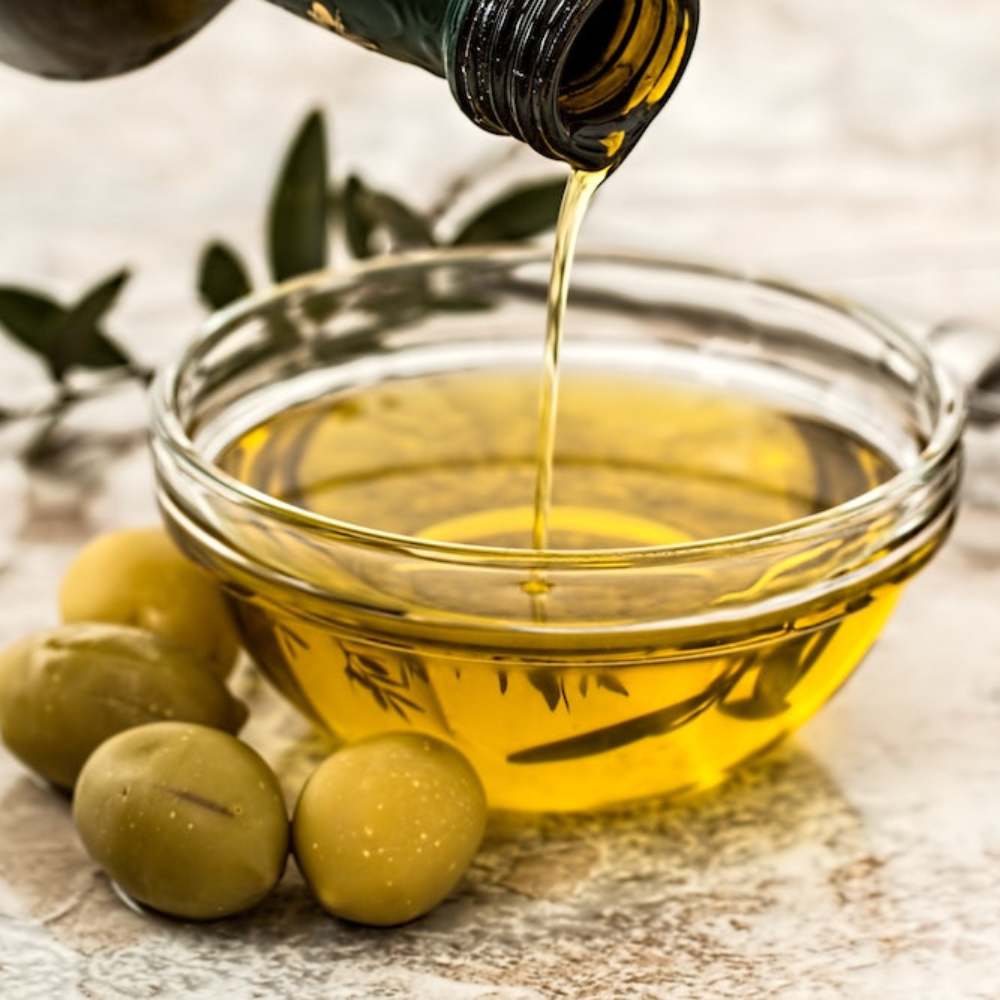
Does Olive Oil Clog Pores? It Depends and This is Why!
We’ve all heard of the miracle-like properties of olive oil. From its ability to moisturize skin to its anti-aging effects, it seems like this powerhouse ingredient can do no wrong.
But one question that comes up time and again is: Will olive oil clog pores? The answer isn’t as straightforward as you may think, so let’s dive in to see if olive oil clogs pores!

What Causes Clogged Pores
First, it’s important to understand what clogged pores are and why they happen.
Clogged pores occur when excess dirt, makeup, oil, or other debris accumulates in your pores.
This accumulation prevents your skin from breathing and can lead to blemishes such as blackheads, whiteheads, and pimples.
So now that we know what clogged pores are exactly, let’s take a look at how olive oil fits into the equation.
The Comedogenic Factor
Olive oil typically has a higher comedogenic rating than other oils such as jojoba oil, squalane oil, or rosehip oil — meaning it has a greater likelihood of clogging your pores.
However, this doesn’t mean that using olive oil will automatically cause you to break out in blemishes.
The fact is that everyone's skin is different, and how our skin reacts to different ingredients can vary greatly from person to person.
That being said, if you have oily skin, acne prone skin, or sensitive skin then you should be particularly careful when using olive oil on your face since it is more likely to cause a reaction on these types of skin than on others. You may just discover olive oil clogging pores.
The same goes with cocoa butter, avocado oil, or coconut oil as they have a higher comedogenic rating, which means they are more likely to clog pores.

Olive Oil Comedogenic Rating
If you're shopping around for any oil to use on your face or body, odds are you've come across the term 'comedogenic rating.’
The comedogenic rating of a product is its ranking in terms of pore-clogging potential, and it should be taken into consideration when selecting facial oils such as olive oil, sweet almond oil, coconut oil, sweet almond oil, or mineral oil.
Olive oil generally has an olive fruit oil comedogenic rating of 2 out of 5 (the lower the number given, the less likely it is to clog pores).
An olive oil comedogenic ranking of 2 means that olive oil is moderately likely to clog pores — but that's not to say that everyone who uses it will experience any breakouts! It just means there's a chance of clogging pores.
Different skin types have different sensitivities; if you're prone to acne or have oily skin, chances are you may benefit from using a non-comedogenic facial oil like jojoba oil or argan oil instead.
But don't let this scare you away from olive oil just yet! It has many beneficial properties when used on the skin: it's antioxidant-rich, helps hydrate and protect your skin barrier, and can even reduce inflammation.
So while its comedogenic rating shouldn't be ignored entirely, olive oil can still offer many positive benefits depending on your own skincare needs.
Beauty Benefits of Olive Oil
Why are people slathering olive oil on their skin anyway? Well, because olive oil is an incredibly versatile and beneficial substance that can be used to promote healthy, glowing skin.
Rich in antioxidants, olive oil helps to protect against damage caused by free radicals, while its fatty acids nourish and hydrate the skin.
By keeping your skin moisturized and protected from environmental pollutants, olive oil can help prevent premature aging of the skin including wrinkles and age spots.
Additionally, it helps reduce inflammation which makes it a great remedy for eczema or psoriasis.
When you apply olive oil topically on the face or body directly after showering or bathing during cold months -- when our natural oils are stripped away -- it provides much-needed hydration.
As well as balanced sebum production to naturally fight off dryness due to low temperatures outdoors or indoor heating systems like fireplaces or radiators.
It also works as a makeup remover since it dissolves dirt from pores which cannot be removed otherwise with a cleanser alone!
The anti-inflammatory properties make it soothing for areas affected by acne scarring too! Its natural antibacterial properties may also help keep oily breakouts at bay without making your skin overly dry.
For those who prefer using natural products over expensive creams filled with artificial additives, olive oil is an ideal choice – one that not only provides superior hydration but is affordable too!
All you need is some extra virgin quality extra virgin olive oil (not just regular cooking variety) and you’re ready to reap its benefits – no added cost needed!
How to Use Olive Oil in Your Skincare Routine
So how can you use olive oil without worrying about it clogging your pores?
Well first off make sure you’re using pure extra virgin olive oil — not a blend with other oils or artificial fragrances added in — as those additives could potentially irritate your skin even further.
Secondly make sure you only apply a thin layer of the oil onto clean dry skin before sleeping at night — if you apply too much of the product then there could be an increased risk of pore blockage due to the sheer amount of product sitting on top of your skin overnight!
Finally be sure to wash off any excess product before applying makeup or sunscreen during the day — this will help keep your facial products from becoming matted together which could further contribute towards blocked up pores.
Check out this video from @cleangirlhacks on TikTok about incorporating olive oil into your skincare routine.
@cleangirlhacks Accurate didn’t work for her, but this cleared it in 3-4 months 🤯 #cleangirl #skincareroutine #skincaretips #SelfCareRoutine #selfcarecheck #skincare101 #makeuptips #makeupprep #accurane #acnetreatment #acneproneskin #chloegracemoretz
♬ original sound - Clean Girl Hacks
Olive Oil & Your Skin
So, does olive oil clog pores? Does olive oil cause acne?
This natural oil certainly has the potential too given its heavy texture and comedogenic rating - but this doesn't mean that everyone who uses it will experience blocked up pores!
With some precautionary measures such as choosing pure extra virgin varieties and avoiding over-application - this potent ingredient can still provide many benefits for both oily and sensitive complexions alike!
Whether or not it works for you ultimately depends on individual factors such as genetics and lifestyle habits.
So, don't hesitate to experiment with small amounts until you find what works best for you! No matter what you put on your face, we find olive oil good for cooking! :-)
If you're looking for a good pore cleanser, we can make some recommendations. Tap the button below for our list of the best pore cleansers you can shop online.

















